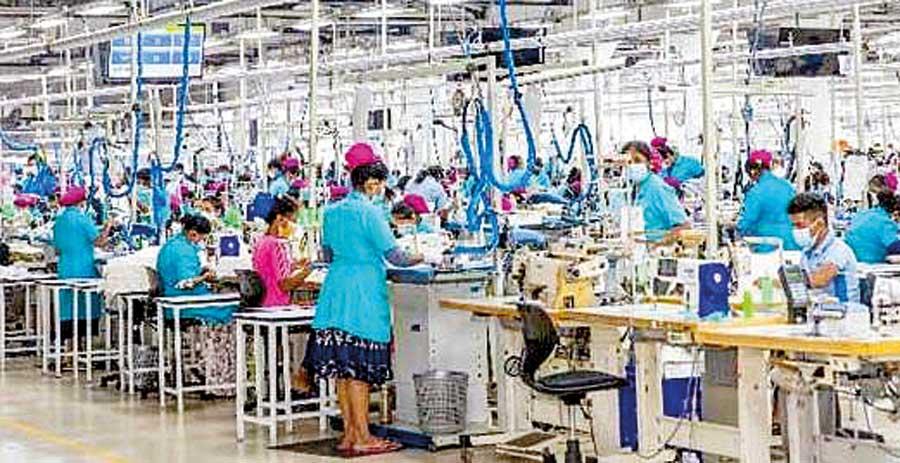19 Oct 2022 - {{hitsCtrl.values.hits}}

The Purchasing Managers’ Index (PMI) for September logged rather a surprise decline from a month earlier, notwithstanding the expectation for a slight pick-up in activity levels after an August rebound in the index which put the service sector back in the expansion territory and manufacturing in a striking distance after months-long contraction.
Though still expanding, the services sector activity lost some strength in September as its index value came in at 51.2 index points, slightly below last month’s 51.7 index points.
A PMI index value above 50 shows an expansion of activity from the previous month while a value below 50 is interpreted as a contraction.
Based on the index, manufacturing sector woes deepened in September with the index falling to 42.6 index points from 49.6 index points in August as runaway inflation weighed heavily on consumer demand forcing manufacturers to cut back on production while the exporters experienced some cracks appearing in global demand for the first time over mounting concerns over a global recession. “Many respondents representing manufacturing firms primarily catering to the domestic markets, including the manufacture of food & beverages, mentioned that the decline in demand was due to the deteriorating purchasing power of the consumers,” the PMI survey stated.
“Further, manufacturers in the export-oriented industries mentioned that they experienced a weaker demand mainly due to the fear of recession in the major export destinations,” it added.
Sri Lanka’s inflation measured by the Colombo Consumer Price Index (CCPI) surged to 69.8 percent in September from a year ago. Food prices soared 94.9 percent forcing many households to cut down on their consumption while holding off on purchases they typically make, negatively affecting manufacturers of such goods. This dinged the expectations of manufactures for the next three months as they expect the demand side impediments to continue to weigh on them. Meanwhile, the global recession risk has heightened in recent times as global central banks are tightening their monetary policies at their fastest pace in decades to tame inflation running at multi-decades highs.
In a rare development in the manufacturing sector, the employment sub-index broadly held up from a month ago as there were continuous recruitments seen in the textile and apparel sector. However, the employment in the services sector continued to fall due to increasing resignations and retirements besides the halt in new recruitments.
The manufacturing sector continued to confront difficulties in sourcing raw materials due to lower foreign exchange availability despite some recent improvements.
In the services sector, many activities such as financial services, accommodation, food and beverage, and education sub-sectors expanded in September. But real estate, postal and courier and health sub-sectors declined.
While the expectation for services improved for the next three months on improved economic conditions and the upcoming festive season, the sector remains jittery over the implications coming from the recent tax hikes.
06 Nov 2024 1 hours ago
06 Nov 2024 2 hours ago
06 Nov 2024 2 hours ago
06 Nov 2024 2 hours ago
06 Nov 2024 3 hours ago